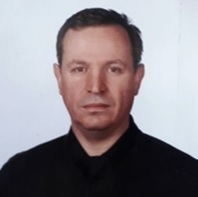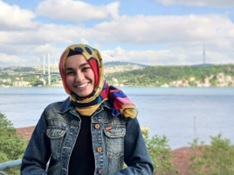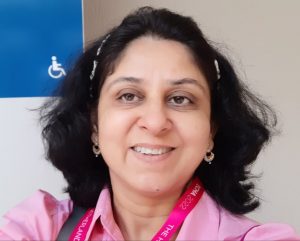14th October
Yüksel Dede, Gazi University, Ankara, Turkey
Fatma Nur Aktaş, Kahramanmaras Sutcu Imam University, Kahramanmaraş, Turkey


Title of the talk:
Values and Applications in Mathematics Classrooms
Abstract:
The common thought that mathematics is universal and value-free has been changing in recent years and with the cognitive and affective factors in classroom practices. Since institutional factors, socio-cultural differences, religious beliefs, and individual preferences affect classroom practices, communication and culture, mathematics education also includes the elements of the society and culture in which one lives. Values are also the conative component of mathematics education, making up every detail in classroom practice, from institutional structure to teacher feedback. For this reason, the values conveyed to students consciously and unconsciously in mathematics classrooms have an efficient function on many subjects and practices, such as student wellbeing, teacher decision, textbook design, and exam content.
In this sense, in this seminar, what values are in general, the suggested theoretical frameworks for values in mathematics and mathematics classrooms, the reflections of values on mathematics classroom practices (teacher decisions, student preferences, whether students engage in the mathematical tasks) and mathematics curriculum and textbooks, both global and local (Turkish culture and education), accompanied by examples will be discussed. In addition, the speakers of this seminar will share their experiences of conveying values in mathematics classrooms based on their previous research.
28th October
Jyoti Sharma, Cluster Innovation Centre, University of Delhi, India

Title of the talk:
Creativity in math classroom: A way forward for a democratic learning space
Presentation Jyoti Sharma 28 October 2022
Abstract:
For most students and teachers, mathematics is a highly structured discipline, precisely defined, strictly organised and gives little freedom to experiment with ideas. Mathematicians take pride in working with a highly sophisticated and precise system of symbols, notations and representations. Any new mathematical idea has to pass the test of precision, generalization and formalization before entering the mathematics domain.
There is another perspective of viewing mathematics as a field of ideas, insight, innovation and freedom. Mathematics has the novelty of ideas, the synergy of thought processes, courage of validation & generalization, power of abstraction, the scope of applications and freedom of expansion. It is disheartening to see that the creative perspective of mathematics as a subject of study is either ignored or kept out of reach to young learners. Students are not given enough opportunities to play with mathematical ideas, communicate mathematically or work mathematically from different perspectives.
With this perspective in mind, a Mathematics Creativity Test (MCT) is developed and used to assess mathematical creativity. Further, a five-day teachers’ training module is developed to help teachers create a democratic learning space using MCT. The proposed seminar will present the outline of MCT and how it can be used to assess and foster mathematical creativity in the classroom.